Publications
Articles, publications, books, tools and multimedia features from the U.S. Institute of Peace provide the latest news, analysis, research findings, practitioner guides and reports, all related to the conflict zones and issues that are at the center of the Institute’s work to prevent and reduce violent conflict.
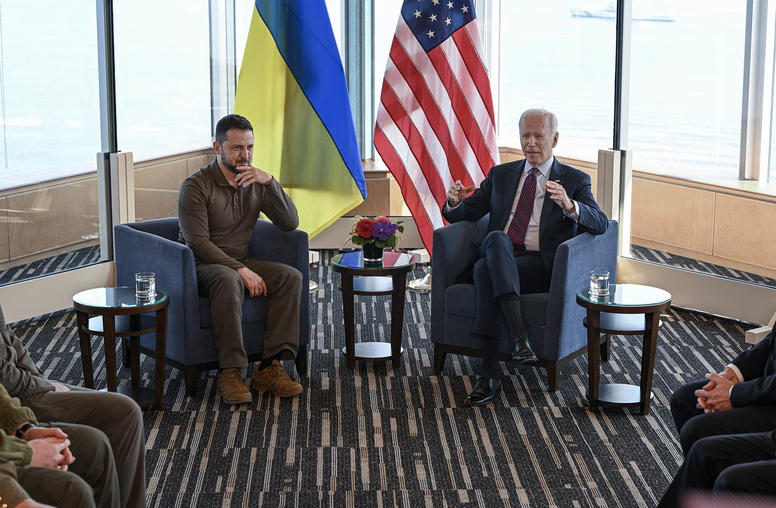
The United States Should Lead the Push for Peace in Ukraine
Recent weeks have witnessed several calls for peace in Ukraine. Ukrainian President Zelenskyy just wrapped up appearances at the G7 Summit and the Arab League, urging support for his country’s peace plan. China recently followed up the release of its February 2023 peace plan by sending its top diplomat, Wang Yi, on a European tour and dispatched peace envoy Li Hiu last week to Ukraine, Poland, Germany, France and Russia. At no time since Russia’s invasion of Ukraine, has there been so much momentum toward a peaceful resolution to the conflict in Ukraine. The United States should seize this opportunity to play a leading role.
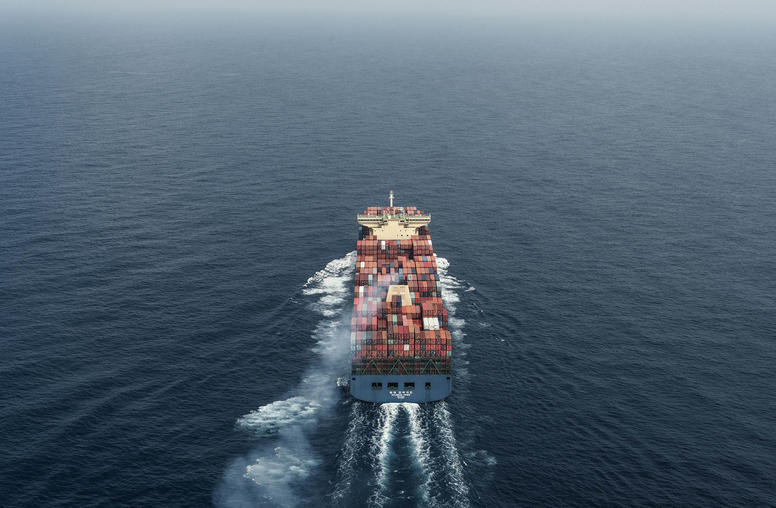
Why the U.S. Wants to Step Up Engagement in the Indian Ocean
Earlier this month, Deputy Assistant Secretary of State Afreen Akhter led a U.S. delegation to the sixth Indian Ocean Conference. Since its inception in 2016, the Indian Ocean Conference has become a prominent gathering for regional stakeholders to discuss collective issues — from trade and economic cooperation to security considerations. This year’s proceedings in Dhaka, Bangladesh, featured representatives from 25 countries amid a backdrop of geopolitical concerns that have thrust the Indian Ocean into a prominent role in global affairs.

Pro-Taiwan Pacific Island Leaders Show Cracks in China’s Appeal
Most Pacific Island countries have formal diplomatic relations with Beijing. But at both the local and national level, some leaders are raising concerns about Chinese bribery, violations of sovereignty, clandestine intelligence operations and political interference in their countries, as well as the possibility that China may invade Taiwan. As Beijing forces its agenda on Pacific Island countries and competes with the United States for influence in the region, Washington should lead by example and build partnerships with the Pacific Islands that emphasize consulting with them as equals and focusing on areas of common interest, like climate change.
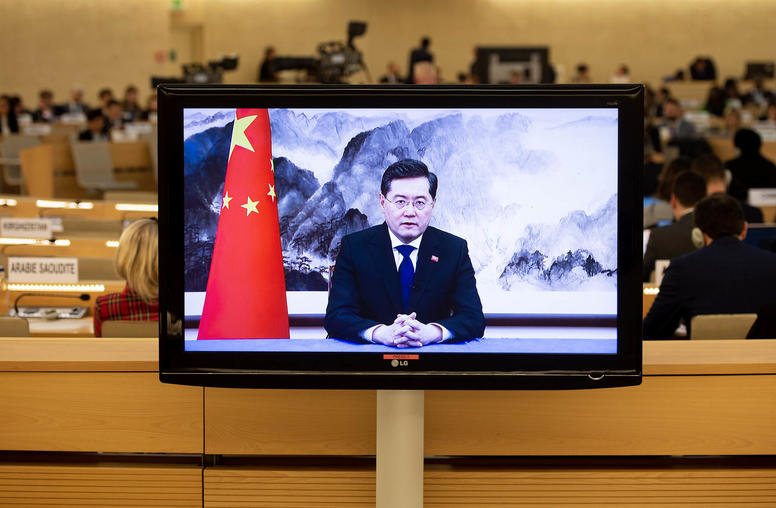
Five Takeaways from China’s Latest Diplomacy
China’s foreign minister, Qin Gang, has been on a whirlwind diplomatic tour in recent weeks, with high-profile meetings in Europe, Myanmar, Pakistan — where he also met with Taliban officials — and back home in Beijing with the U.S. ambassador to China. With U.S.-China relations as frosty as ever, Qin’s meeting with Ambassador Nicholas Burns signals that both sides want to manage better manage their differences. In Europe, Beijing is promoting its peace plan for Ukraine despite European concerns that Beijing is decidedly pro-Moscow. Meanwhile, amid crises in Afghanistan, Pakistan and Myanmar, China is wielding its clout to advance its own interests in spite of the implications for long-term stability.
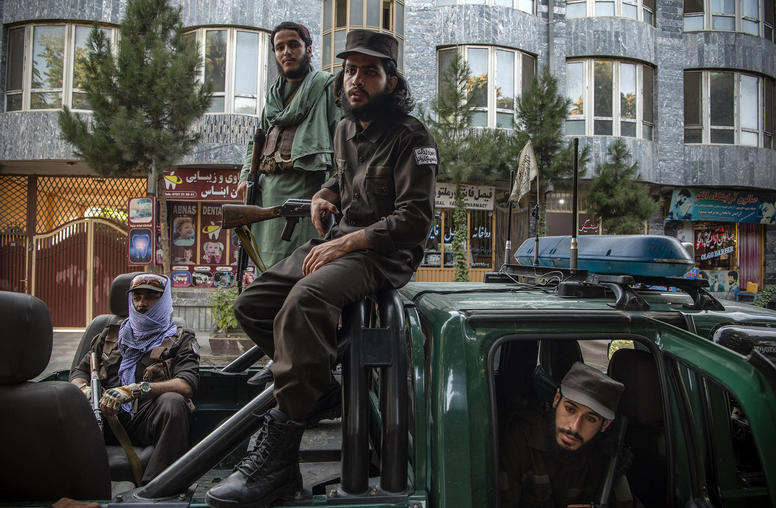
Afghanistan’s Crisis Requires a Coherent, Coordinated International Response
Over the past year, especially in recent months, the Taliban have made several missteps. The consequences are not a threat to their power in the short run but will damage their ability to govern as well as, potentially, their longer-term cohesion. Unfortunately, these missteps will harm the Afghan people much more, both directly and through their adverse impact on humanitarian aid.

It’s Not About Picking Sides: The Nonaligned Movement and Russian Aggression
For nearly 80 years, the world has benefited from the post-World War II international legal prohibitions and norms outlawing aggressive war. While this relative peace and stability was threatened during the Cold War, a group of countries — called the nonaligned movement (NAM) — came together to declare their aversion to the bloc politics of the United States and the Soviet Union. This nonaligned movement championed key principles of the U.N. charter, including respect for territorial integrity, sovereignty and nonaggression.
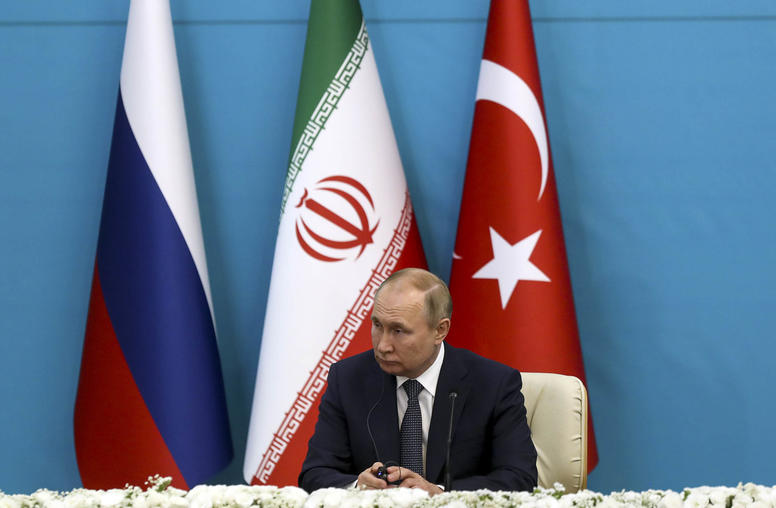
What You Need to Know About Russia’s New Foreign Policy Concept
On March 31, Russia released a new “foreign policy concept,” articulating Moscow’s global priorities and focus for the future. The Kremlin’s last foreign policy concept was released in 2016, two years after its invasion of Ukraine and annexation of Crimea. In the years since, Moscow has demonstrated its increasing disdain for the rules-based international order and antagonism toward the United States and its European NATO partners. The 2023 document is Russia’s first comprehensive foreign policy statement since its February 2022 invasion of Ukraine, revealing how Moscow sees the war a year later and its vision for an emergent multipolar world.
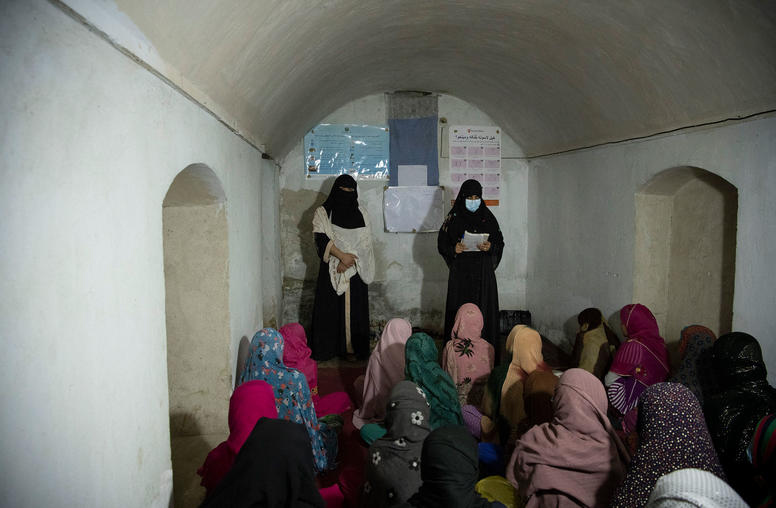
U.N. Conference Highlights Global Unity but Limited Leverage Over the Taliban
Over a year and a half since the Taliban’s takeover of Afghanistan, not a single country has recognized its government. Yet, it has resulted in no change in Taliban behavior. The worst predictions of what Taliban rule could be like have come true, as the regime has implemented unprecedented restrictions on women amid a brutal humanitarian crisis. The situation is so bad that U.N. Secretary-General António Guterres convened a special conference in Doha, Qatar this week — with no Taliban representation — to discuss Afghanistan’s international isolation. While there were no tangible outcomes — evidence of how limited the international community’s leverage really is — it did demonstrate remarkable consensus on the imperative to help the Afghan people.
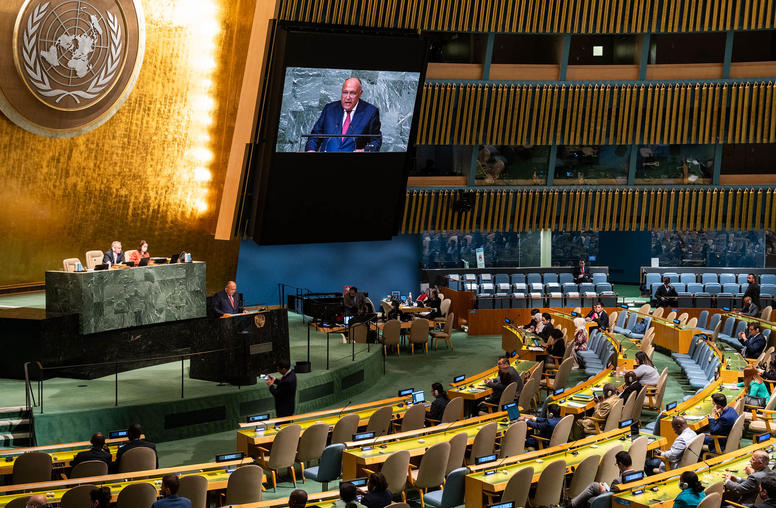
The New Nonaligned Movement Is Having a Moment
Russia’s invasion of Ukraine has accentuated emerging geopolitical trends that have coincided with the rise and intensification of great power competition. The re-emergence of the nonaligned movement (NAM) as a geopolitical force is perhaps the most salient example. Indeed, this month’s edition of Foreign Affairs — a reliable barometer of key trends in international affairs — is dedicated to the “nonaligned world.” By definition, NAM states do not want to be forced to choose sides between the United States and/or Russia and China. But as we move into a multipolar era of accelerating great power competition, these states will find themselves caught between major powers.
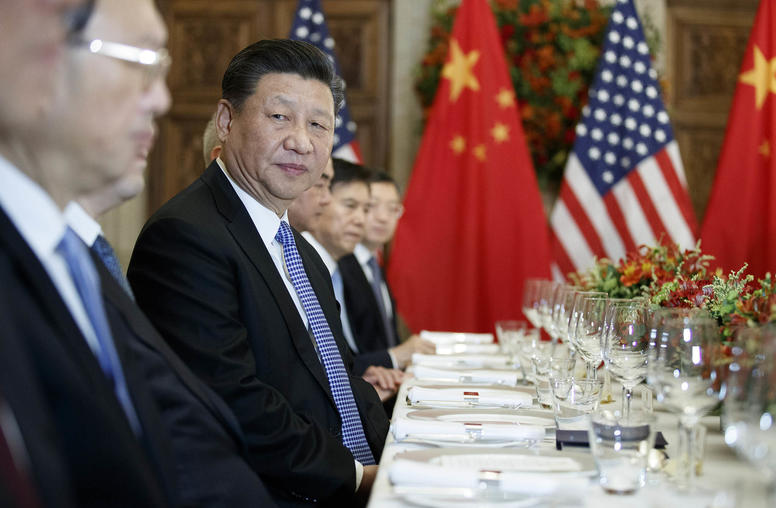
Xi Ramps Up Campaign for a Post-Pax Americana Security Order
Since China’s post-COVID opening in January of this year, Chinese leader Xi Jinping and his army of diplomats have begun intensifying their campaign for China’s Global Security Initiative (GSI). Xi first proposed the GSI last April, offering few details but saying the initiative would “promote security for all in the world.” Beijing has since elaborated in more detail through a Ministry of Foreign Affairs concept paper and has connected the GSI to its peace plan for Ukraine and the rapprochement it brokered between old rivals Iran and Saudi Arabia. Above all, the initiative aims to promote a vision of an alternative to the U.S.-led international order.